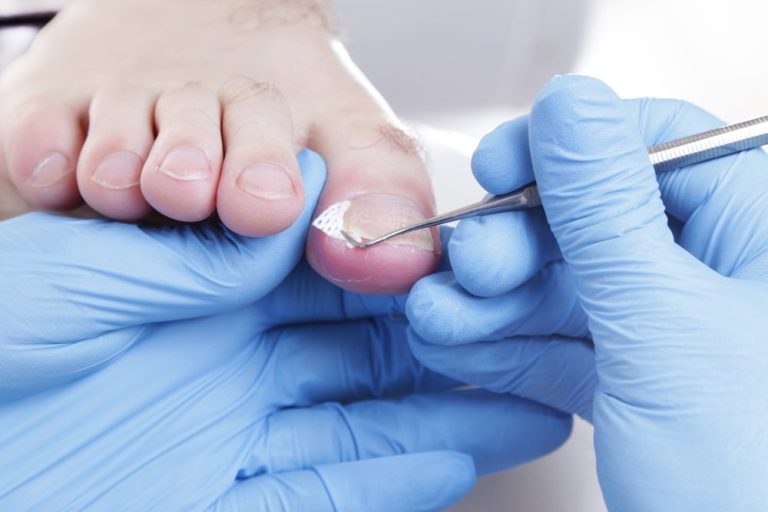Building and maintaining healthy relationships can be challenging, and when you add bipolar disorder into the mix, it requires additional understanding and effort from both partners. Bipolar disorder is a mental health condition characterised by extreme mood swings, ranging from manic highs to depressive lows. However, with proper awareness and strategies in place, it is possible to nurture healthy relationships while managing bipolar disorder. In this article, we will explore key aspects of nurturing healthy relationships when one or both partners have bipolar disorder.
1. Education and Understanding
Education is crucial for both partners to understand bipolar disorder and its impact on the relationship. Learning about the symptoms, triggers, and treatment options can help foster empathy and reduce misunderstandings. When Cenforce Professional 100mg is used for erectile dysfunction, it can indirectly contribute to the overall well-being and satisfaction of intimate relationships.
2. Open Communication and Emotional Support
Open and honest communication is essential in any relationship, especially when navigating the challenges of bipolar disorder. Both partners should create a safe space to express their feelings, concerns, and needs. Emotional support plays a significant role in nurturing a healthy relationship, and being there for each other during difficult times can strengthen the bond.
3. Establishing Healthy Boundaries
Setting and respecting healthy boundaries is important when one or both partners are managing bipolar disorder. It is crucial to understand each other’s limits, personal needs for space, and the importance of self-care. While Cenforce 100 mg Pills may contribute to intimacy, it is equally important to have open conversations about boundaries and preferences related to sensual activities.
4. Support and encouragement
Supporting a partner with bipolar disorder involves being understanding, patient, and encouraging. It is crucial to be there for each other during both the high and low phases of the condition. Offering reassurance, actively listening, and providing emotional support can make a significant difference in nurturing a healthy relationship.
5. Seeking professional help
Bipolar disorder can be complex, and seeking professional help is often beneficial for both individuals in the relationship. Individual therapy can help the person with bipolar disorder manage their symptoms, develop coping strategies, and work through any underlying issues. Couples therapy can also provide a supportive environment where both partners can address relationship dynamics and communication patterns and develop strategies to enhance the relationship.
6. Self-Care for Both Partners
Taking care of oneself is vital for the well-being of both partners in a relationship. It is important for the partner with bipolar disorder to prioritise self-care, which may involve medication management, therapy, practising stress-reduction techniques, and maintaining a healthy lifestyle. Equally important is the self-care of the other partner, ensuring they have support systems in place, engage in activities they enjoy, and seek their own emotional well-being.
7. Intimacy and Relationships
Intimacy is an important aspect of any romantic relationship, and it can be a sensitive topic when managing bipolar disorder. Cenforce can support erectile function, but it is important to communicate openly about any concerns, preferences, or potential side effects. It is advisable to consult healthcare professionals for personalised guidance regarding the use of medications for sexual well-being in the context of bipolar disorder.
8. Patience and flexibility
Living with bipolar disorder requires patience and flexibility from both partners. Mood swings and episodes can be unpredictable, and it is essential to approach them with understanding and flexibility. Patience is crucial during difficult times, as is recognising that a person with bipolar disorder is not defined by their condition but rather as a whole person.
9. Celebrate small victories.
Celebrating the small victories together can strengthen the relationship and provide positive reinforcement. Recognise and acknowledge the efforts made by the partner with bipolar disorder in managing their condition and maintaining a healthy relationship. This can include adhering to a treatment plan, practising self-care, or effectively communicating during challenging times.
10. Building a Support Network
Building a support network that includes understanding family members, friends, or support groups can provide an additional layer of support for both partners. It is essential to surround yourself with people who are knowledgeable about bipolar disorder and can offer guidance, empathy, and encouragement when needed.













